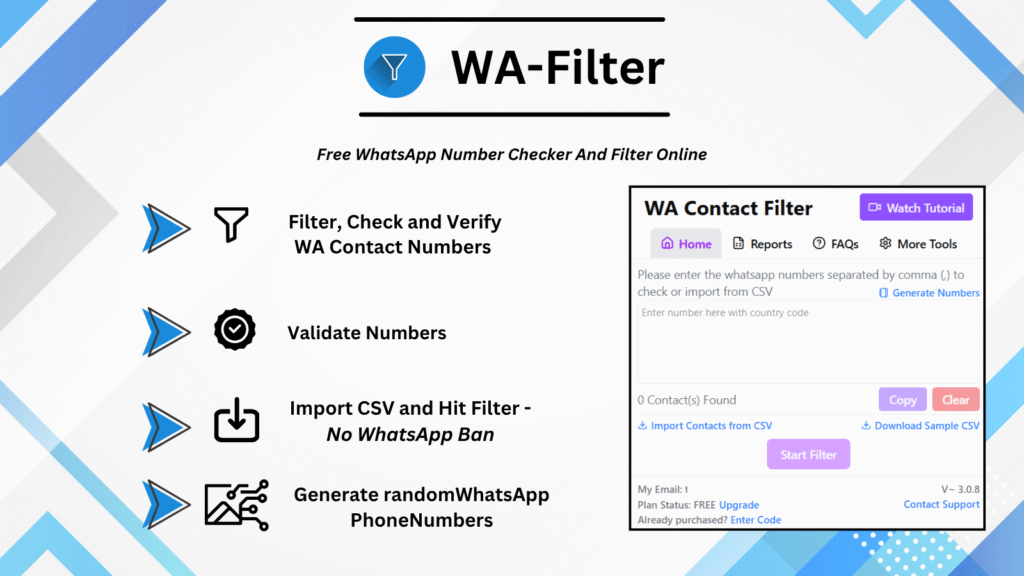Addiction is often called a family disease because its impact radiates far beyond the individual struggling with substance use. The journey of recovery is profoundly influenced, for better or worse, by the environment and people waiting outside the doors of the rehab centre. For loved ones, the path is fraught with confusion, fear, and a complex mixture of hope and resentment. Understanding how to transition from unintentional enabler to genuine supporter is perhaps the most critical role a family can play. This isn’t about fixing the person; it’s about healing the entire system.
Recognizing the Early Red Flags
The earliest and most critical step a family can take is acknowledging the problem, often before the individual is willing to. This requires looking past denial and accepting subtle yet telling behavioural changes. Early red flags often aren’t dramatic confrontations, but quiet shifts: increased secrecy, unexplained financial troubles, sudden mood swings that don’t match the situation, or a withdrawal from previously enjoyed activities and relationships.
Sometimes, the red flag is the family’s own behaviour—constantly making excuses for the person, managing their crises, or walking on eggshells to avoid conflict. This codependent pattern, while rooted in love, can inadvertently enable the addiction to continue. Recognizing these patterns within the family unit is just as important as seeing the signs in the struggling individual.
How to Talk Without Judging
When the time comes to address the issue, the communication style is everything. The goal should be to convey love and concern, not condemnation or accusation. Avoid “you” statements, which often sound like blame (“You are ruining your life”). Instead, use “I” statements focusing on feelings and observed consequences (“I am frightened by how much you’ve changed,” or “I feel immense worry when you don’t come home”).
Timing is crucial; discussions should occur when the person is sober, calm, and able to process information, not during a moment of crisis or intoxication. Above all, maintain a tone of empathetic concern. Frame the conversation around seeking help and recovery, not punishment. If the family has reached the end of their ability to cope, seeking professional guidance from an intervention specialist or therapist before this conversation can provide the necessary structure and emotional buffer.
Family Therapy and Its Role in Healing
Addiction recovery isn’t just about the individual getting clean; it’s about the entire family system healing its wounds. This is where family therapy becomes indispensable, whether accessed while the loved one is in the rehabilitation centre or afterwards. Family therapy treats the relationships, addressing years of buried resentment, broken trust, and dysfunctional communication.
Therapy helps family members understand addiction as a disease, not a moral failure, which significantly reduces guilt and blame. It provides a safe space to express the deep pain caused by the addiction and learn healthier coping mechanisms. Often, family members realise they need to process their own anger and codependent behaviours. Healing often means accepting that while you cannot control the person’s choices, you can control how you respond to them.
Supporting Recovery While Setting Boundaries
Once the individual is in recovery or returns home, the family’s role shifts from intervention to sustained support, balanced critically with firm boundaries. Support means celebrating small victories, attending family days at the centre, and encouraging participation in support groups like Al-Anon or Nar-Anon for both the individual and the family.
Boundaries are non-negotiable rules set to protect the family system and the recovery itself. These might include: “We will not give you money directly,” or “You must attend your support meetings to live here,” or “We will not tolerate substance use in our home.” Setting boundaries is an act of love, not rejection; it communicates that the family supports the person but will not support the disease. Consistency is paramount; a boundary that is sometimes enforced is no boundary at all. It requires immense courage to hold this line, but it’s essential for long-term sobriety.
Rebuilding Trust After Addiction
Trust is invariably shattered by addiction, and its rebuilding is the longest, slowest, and most delicate part of the post-rehab journey. It cannot be demanded or rushed; it must be earned over time through consistent, honest behaviour.
For the person in recovery, this means following through on commitments, maintaining transparency, and proactively participating in their recovery plan. For the family, it means practising patience and managing expectations. There will be emotional relapses—moments of fear, anger, or paranoia—even if physical sobriety is maintained. Family members must commit to letting go of the past while remaining observant of the present. Trust is re-established not in one grand gesture, but in the accumulated evidence of hundreds of small, sober days. It is a shared covenant to move forward, one day at a time, toward a healthier, more honest life together.








